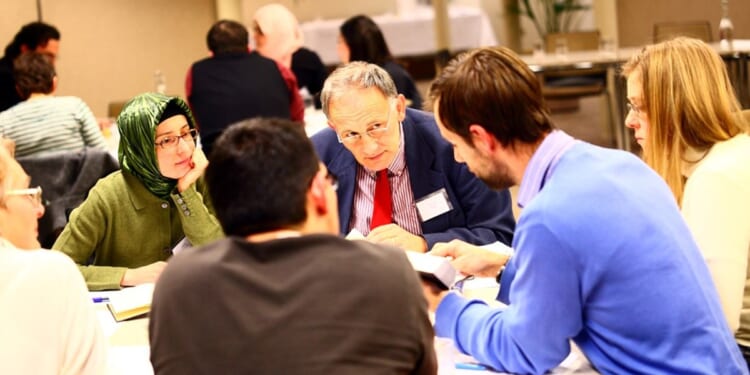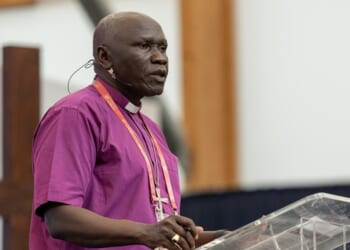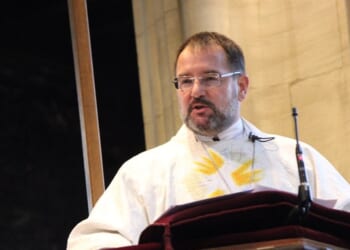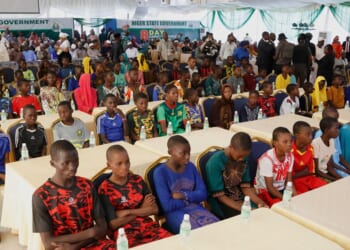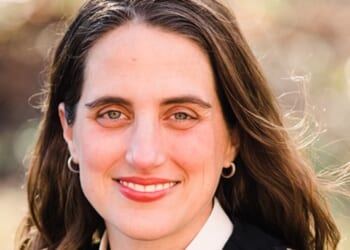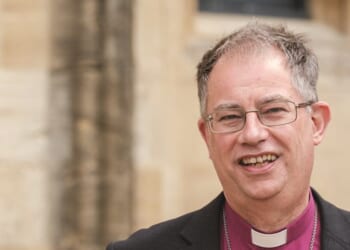AS WE wait in hope for an end to violence in Gaza, we might well wonder whether Jews, Muslims, and Christians can ever live together in peace. Since the Manchester synagogue attack, many British Jews have testified to being victims of anti-Semitic prejudice, whether or not they have visited, or even support, Israel.
Ancient hatred runs deep, and is often argued from scripture. There is St John’s Gospel, which frequently demonises “the Jews.” Bishop Tom Wright has argued that this refers only to the “Judaeans” who were opposed to Jesus, but the text does not make this distinction. St Matthew’s Gospel specifically blames the Jews for Jesus’s death. “His blood be on us and our children.”
Then there is the damning of Jews in parts of the Qur’an, which are hammered home by radical Islamists. Many Muslims do not differentiate between Jews and Israelis. I think it was an Indian visitor to Jerusalem in the 1970s who made the scathing comment: “You monotheists have too many damn gods.” You can see his point.
One way of beginning to heal the divisions could be through drawing believers together across faith traditions to debate their sacred texts. This practice has its origins in Jewish scholarship, which has always favoured vigorous debate as a means of discerning scriptural truth. Thirty years ago, Peter Ochs, a Jewish Professor of Philosophy from Drew, founded Textual Reasoning, to engage with Tanakh, the Hebrew Bible, in such a way as to bring scholarly reason and faith together.
Professor Ochs introduced his method to a meeting of the American Academy of Religion, where the Anglican priest Dan Hardy and the Cambridge academic David Ford were so taken with his approach that, together, they founded Scriptural Reasoning, enabling Jews and Christians to read each other’s scriptures, in a hospitable setting, like guests round a hearth. They were later joined by the Pakistani Muslim scholar Basit Koshul, which brought the Qur’an into the picture. As part of promoting engagement across religious traditions, Professor Ford set up the Cambridge Inter-Faith programme in 2002, which widened the options open to those studying theology at Cambridge. He has also promoted Scriptural Reasoning as both discipline and devotion.
There is enormous potential for those who adhere to the three Abrahamic faiths in reading scripture together, especially in today’s context of tension and potential violence. Jews have belonged here since the time of Cromwell. Muslims have lived in England since the 19th century. We are neighbours here and now, whatever is going on in the Middle East. Scriptural Reasoning is not an attempt to erode differences or to come to easy conclusions; but gathering round the hearth, with the fire of scripture at the centre, might help all of us to understand one another better and to counter the charge that our problem is too many damn gods.

